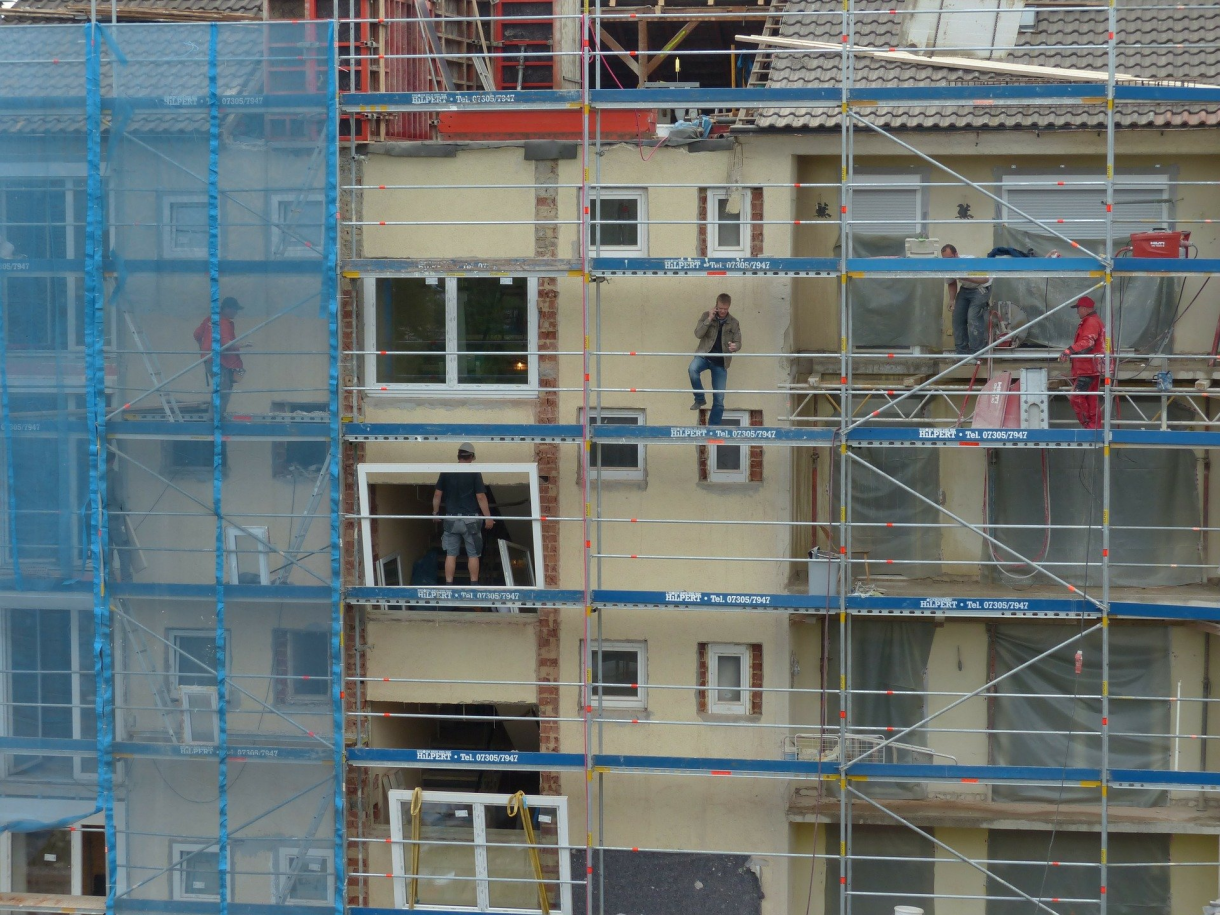
Share this Post
With the transportation sector responsible for approximately 23% of total global energy-related CO2 emissions, and the number of private cars set to exponentially grow in the coming decades, it is often depicted as the “problem child” within the global sustainability community. In the search for solutions on ways to accelerate the decarbonization of the transport sector, smart and shared mobility is often depicted as key. Thus, in recent years, ‘smart mobility’ has become a popular buzzword encompassing a wide array of innovative initiatives in the field of transportation, many of which carry the promise of reducing greenhouse gas emissions (GHG). Yet, while smart mobility has the potential to play a key role in climate change mitigation, evidence suggests that “smart” does not always translate to “sustainable”. Against this backdrop, the workshop set out to explore the potential of smart and shared mobility in reducing carbon emissions, as well as pathways to leverage this potential.
The workshop brought together 54 experts from Germany and Israel, including academics, policymakers, and representatives of civil society organizations to create cross-sector dialogue and exchange of insights on possible avenues to leverage the potential of smart and shared mobility to also support sustainable development.
Share this Post

Solving the fashion industry’s waste problem via community-driven innovation
Authors: Nicole Stein & Vered Blass The fashion industry’s status as one of the most polluting industries is…

On the Added Value of Big Data for Public Policy: Ex-ante AI Regulation
On the Added Value of ‘Big Data’ for Public Policy – and why it is ok to have…

The Renovation Wave: The Issue of Home Renovations in Addressing Energy Poverty
Energy poverty, also known as ‘fuel poverty’ or ‘energy insecurity’ in the US, has long been perceived as a…
